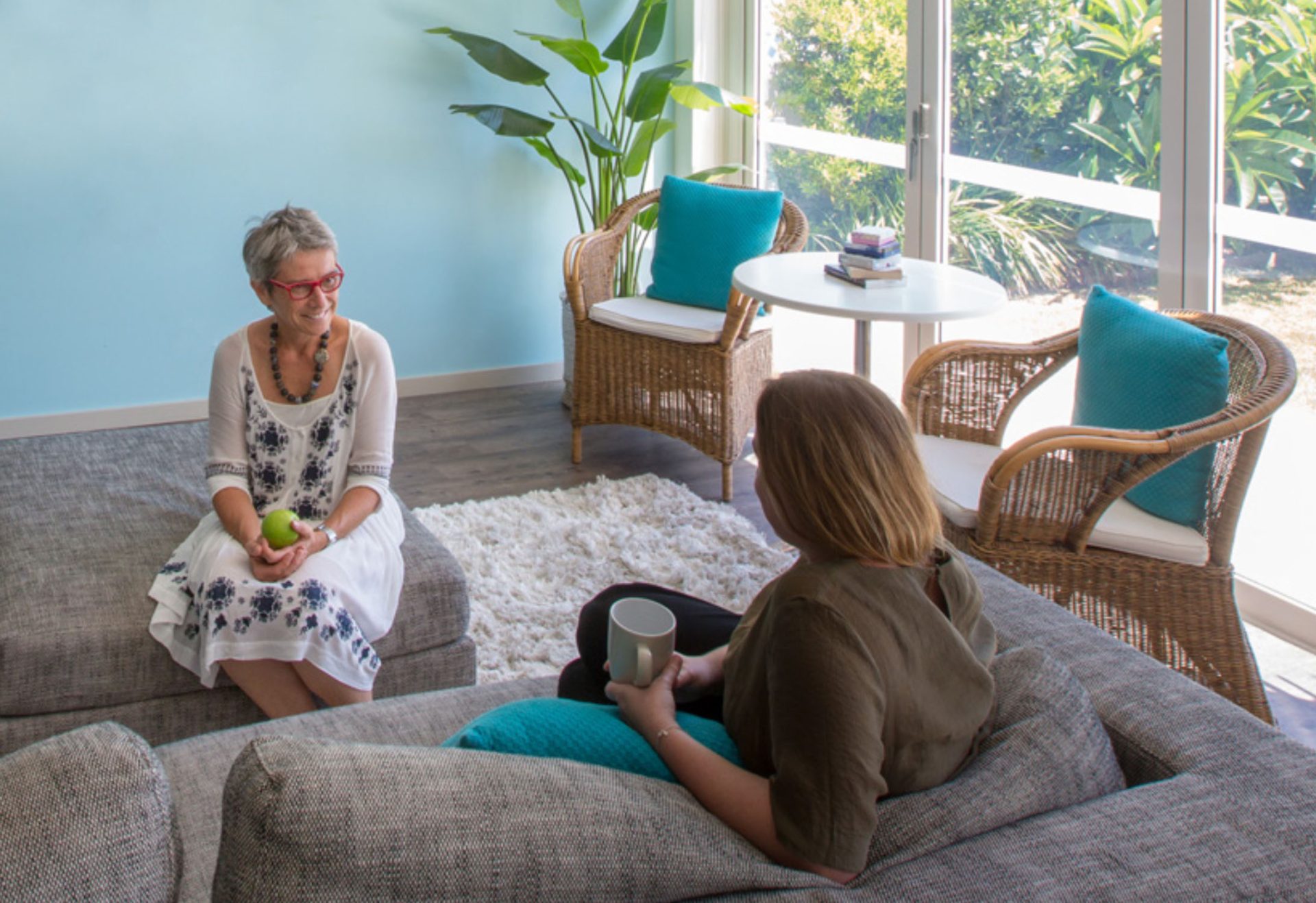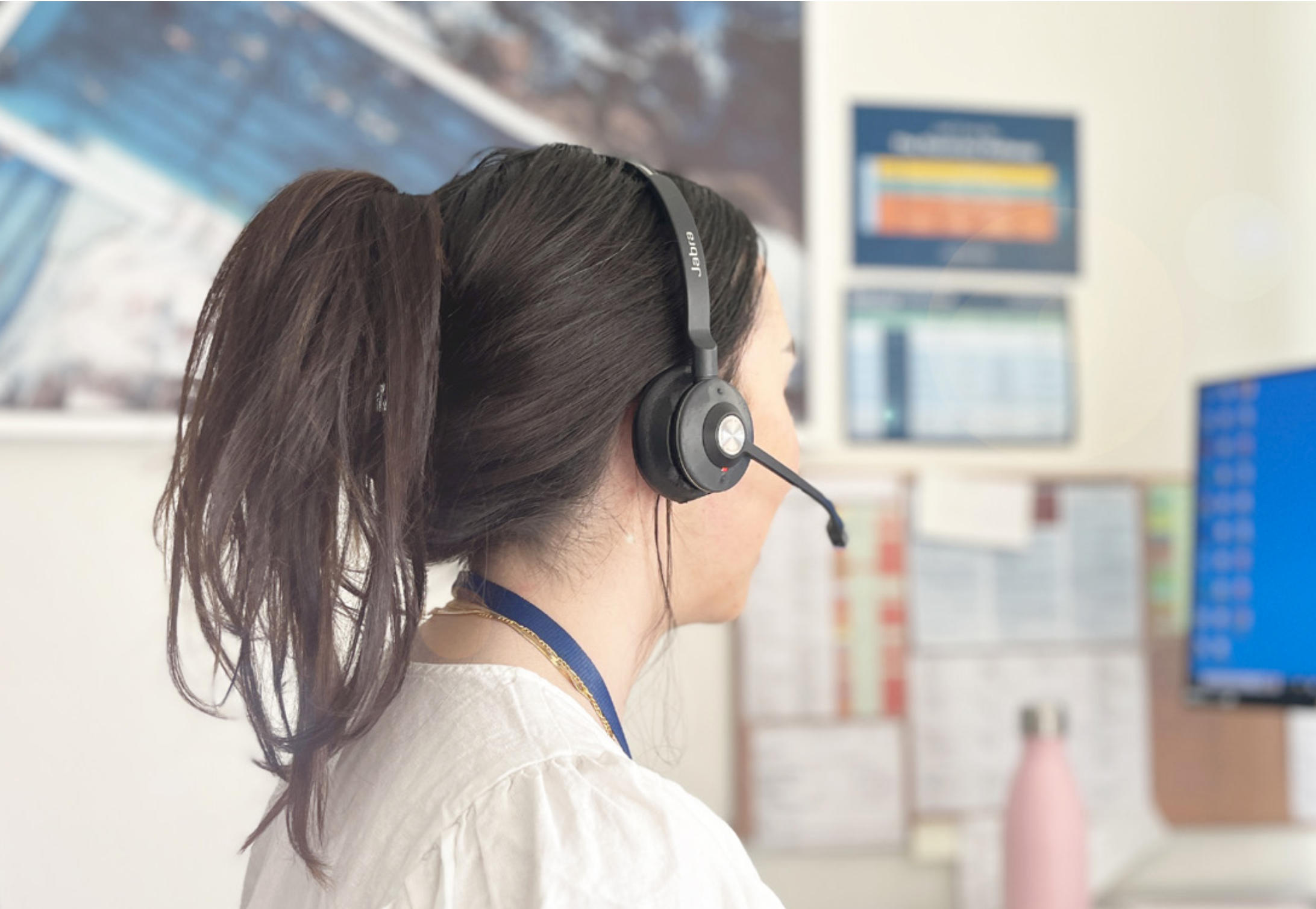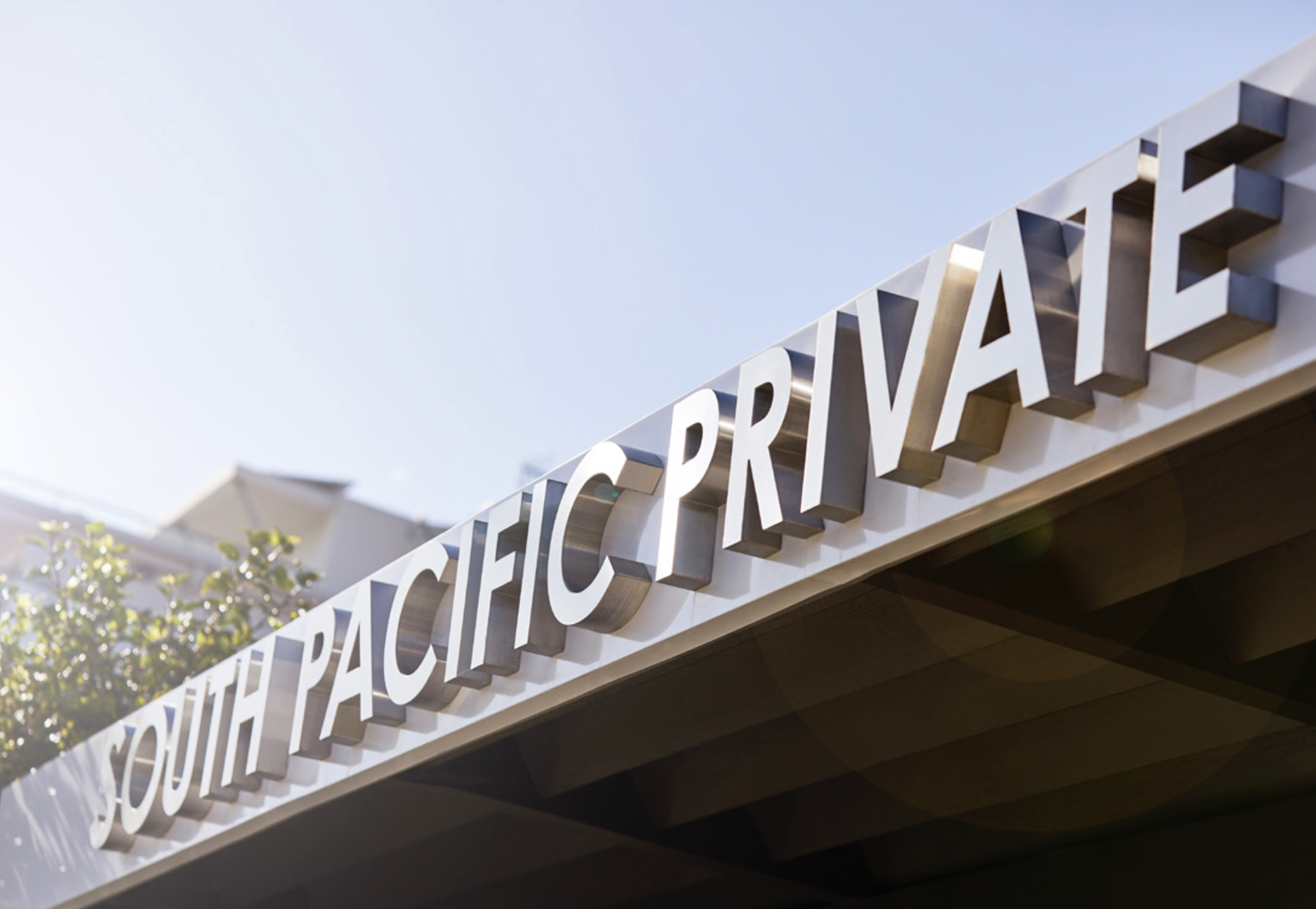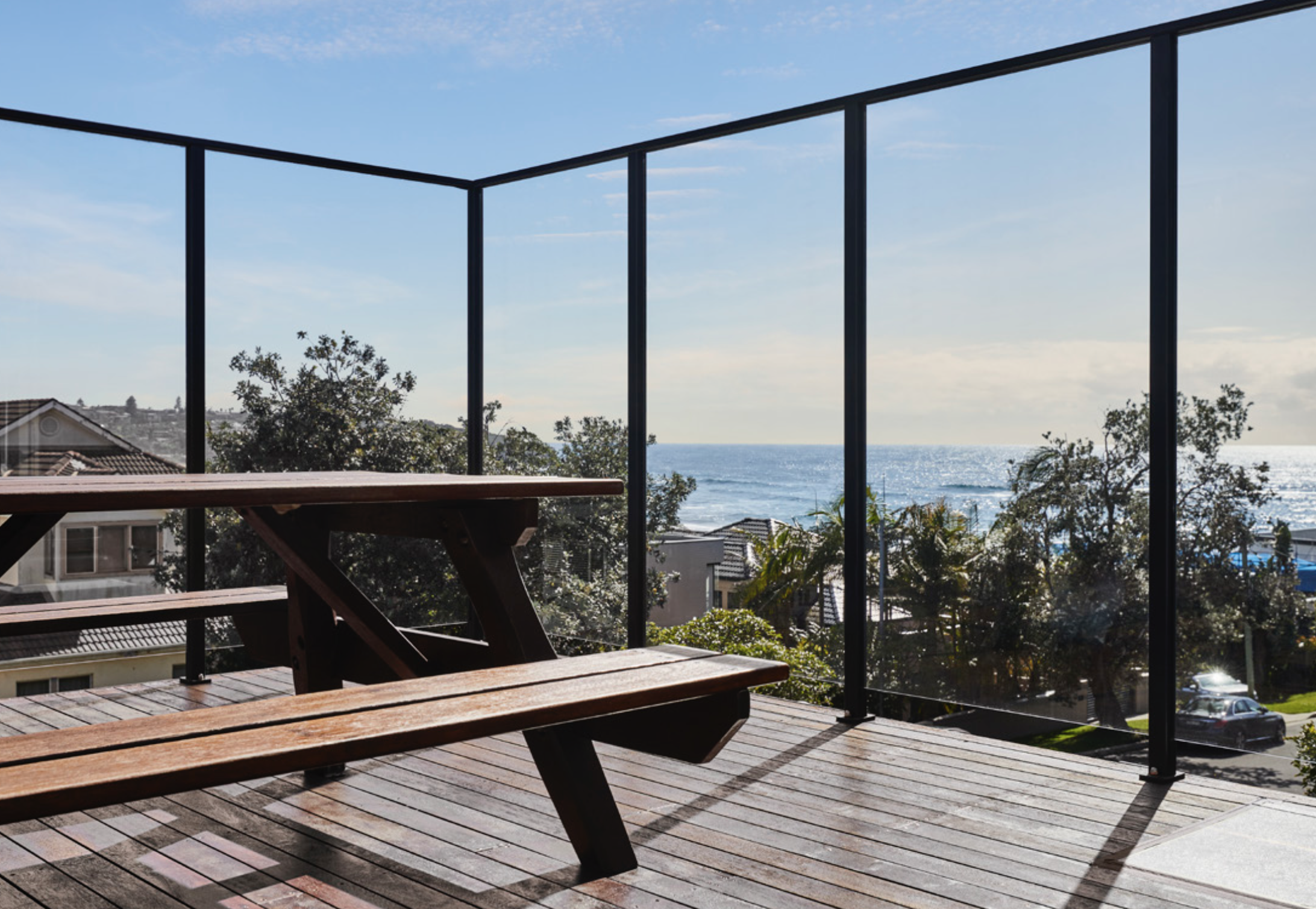We asked South Pacific Private Addiction and Trauma expert Diane Young whether interventions – that is, actions by family or friends to seek treatment for their loved one – was still a ‘done’ thing in 2023 and, if not, what does finding help for a loved one look like in the modern age?
Based in South Curl Curl, South Pacific Private is a leading treatment centre for addictions, trauma and mental health issues. They are sponsoring a series of articles with us this year in which they address questions we have received directly from our readers.
If you would like us to use their expertise and this platform to answer any particular question around addition, trauma and mental health please get in touch via editor@manlyobserver.com.au
If you would like to talk with South Pacific Private directly, you can visit their website https://www.southpacificprivate.com.au or follow them on Instagram.
 Diane, are interventions still a thing for family or friends who are concerned over, say, a loved one’s abuse of alcohol?
Diane, are interventions still a thing for family or friends who are concerned over, say, a loved one’s abuse of alcohol?
Many years ago interventions were commonplace, and they do still have merit. In more recent times however, as a society, our general mental health literacy has improved so many people struggling with addiction, anxiety or depression will reach out for help on their own accord.
For those that can not yet see how their behaviour is impacting themselves and their loved ones, some form of intervention may be helpful.
Ok, so if it feels an intervention might be right, how should you go go about it?
There’s been a big shift in recent years in how interventions should be approached. Not shaming or blaming those with the disease of addiction is paramount, and there are subtle ways we can use language when offering help to a loved one, to ensure we sound supportive, rather than accusatory.
A casual approach to an intervention might see a loved one ask the person in addiction if they might listen to their concern about what’s going on and offer some support to get them treatment. In its more traditional sense however, an intervention will be a structured process that involves a handful of loved ones (3-4 closest friends or family members) coming together to support the person to go into treatment.
The important thing to know is that an intervention needs to be carefully planned. You can start by bringing the family system together first, without the person in addiction present, to get clear about what they are able to do and what they are not able to do. Having this conversation with a professional therapist who can guide the process is important because for family members, helplessly watching a loved one struggle can be traumatic in itself.
When the family is clear about the expectations of the intervention, your therapist might ask you to write a short letter to the person about your experience of their addiction. This might only be a paragraph, so as not to overwhelm and emotionally unload on your loved one.
Your therapist can review these to ensure the person in addiction will not feel blamed or shamed, but rather loved and supported. The idea of reading out letters (in a functional way) is that a person who may be feeling estranged, may find that the penny drops – and they realise that they are cared for, they are loved, and they are worthy of getting well.
The idea of reading out letters (in a functional way) is that a person who may be feeling estranged, may find that the penny drops – and they realise that they are cared for, they are loved, and they are worthy of getting well.
It’s important to have a clear plan in place before the intervention about what will happen if the person agrees to get some help. We’ve all seen the movies where the intervention is a big success, a bag is packed and they head straight off to rehab, but in reality, there’s a little more planning involved.
As a friend or family member, you can speak with treatment centres such as South Pacific Private to gather preliminary information for your loved one but cannot organise admission on behalf of them. Treatment at facilities such as South Pacific Private are entirely voluntary, so clients must be willing to call, undertake an assessment and admit for treatment on their own accord.
Having said that, a family member can take away some of the leg work for their loved one before intervening, by speaking with the intake team to gather general information about what to expect out of the program, the assessment process and how soon an admission might be possible.
Remember, holding an intervention does not necessarily mean you’ll get the outcome you hope for. Try to get comfortable with this concept before anything else.

Any additional tips?
The purpose of intervening in a loved one’s addiction is about providing an opportunity for them to know that they are valued in the family system, and in spite of their (perhaps unpalatable) behaviour they are loved and you want them to get well.
Some tips:
- Avoid laying blame and don’t lose your temper
- Avoid ‘you’ statements or accusatory language e.g. ‘You didn’t come home again last night, you’re always ruining everything’
- Instead, use ‘I’ statements e.g. ‘When I noticed that you didn’t come last night, I felt fear and worry that you weren’t safe’
- Come from the approach that you are asking the person to get help because you care from for them and are concerned for them
- Avoid listing historical grievances and stay calm
- Don’t go into it hoping for a fix all.
What if a person doesn’t want to go to a clinic to seek help for their addiction? What things can someone do as their friend or family member to help them and help themselves?
Be prepared that despite your efforts, your loved one may still say no. Here are some things you can do to help them and yourself:
- Work with a therapist who specialises in addiction to help you set some personal boundaries with your loved one. An example of a boundary might be, ‘if you continue to drink, I will no longer make excuses to your boss about why you aren’t at work again’ or ‘if you continue to gamble, I will no longer be able to provide you with financial support.’ Boundaries aren’t designed to wall people out, they are designed to keep you safe, so you can act within your own values and morals. They can also ensure that you don’t enable your loved one to stay in their disease.
- Whilst it can be terribly worrying if your loved one won’t accept help, trying to control the outcome can put a wedge between you, so when rock bottom comes, they may not come to you for help. For loved ones it can help to look at things from another angle; I didn’t cause it. I can’t control it. I can’t cure it. If your loved one refuses help, you can say to them, ‘I love you and I am terrified. But, when you are ready, I will be here.’
- Finding your own support can open the window to a world of people who are going through similar experiences. Find a support group for loved ones of people in addiction such as AL-ANON or NAR-ANON (AA or NA) or link in with your local health district to see what services are available in your area.
For loved ones it can help to look at things from another angle; I didn’t cause it. I can’t control it. I can’t cure it.

If someone know they are ready to get help with South Pacific Private, what’s the process?
What’s the process to attend South Pacific in Curl Curl?
The first step is always to give our intake team a call on 1800 063 332. This is a dedicated group of caring professionals who will listen to what’s going on for you and help you with the next steps. You will undertake an assessment with the team that looks at your individual circumstances and whether our program may benefit you. If you are approved by our psychiatrists for admission, you may be admitted anywhere within a few days to a couple of weeks, depending on bed availability at the time and your own schedule.
If you’re not quite ready to make the call, you or your loved one can also take a free, online self-assessment here.
How do I know whether I/someone I love can go there, or even afford to go there?
There are many residential treatment centres available in Sydney, and each will offer different things in terms of program structure, outcomes and cost of treatment. Treatment at accredited private hospitals such as South Pacific Private can be covered entirely by private health insurance depending on your fund and level of cover. It’s always a good idea to speak with your health fund about what they can offer you in terms of coverage and whether waiting periods apply or can be waived.

What if they are ready for some help but don’t want to attend somewhere full time
For those who aren’t ready to commit to a five-week inpatient stay, a good place to start is attending 12-step meetings. These are free, non-denominational, and held all over the world via ZOOM. There are many options for attending in-person, locally too.There is no commitment, and no requirement for you to share your experience if you are not comfortable. It is OK to simply go, sit and listen, especially for the first few meetings while you get comfortable. Finding a therapist who specialises in addictive behaviours is also a good first step to take if you are not ready to do an inpatient stay but want to start working with a professional to change your behaviour.
Here are some useful resources for that: AA meetings and NA meetings.
Lastly, what is something you would like the community to know about addiction?
People don’t choose addiction. It is a disease that doesn’t discriminate and can impact people from all walks of life. It is a family illness that impacts us all; and it’s not uncommon to find that intergenerationally there will be addiction in the family. For those with a family propensity for addiction, what might start as social drinking or occasional drug use can spiral out of control quite quickly. But, help is available and recovery is possible.
Did you find this interview helpful? What other topics would you be interested in hearing about from the team at South Pacific Private as part of our partnership this year? Let us know on our social channels or in private to our editor’s inbox.



